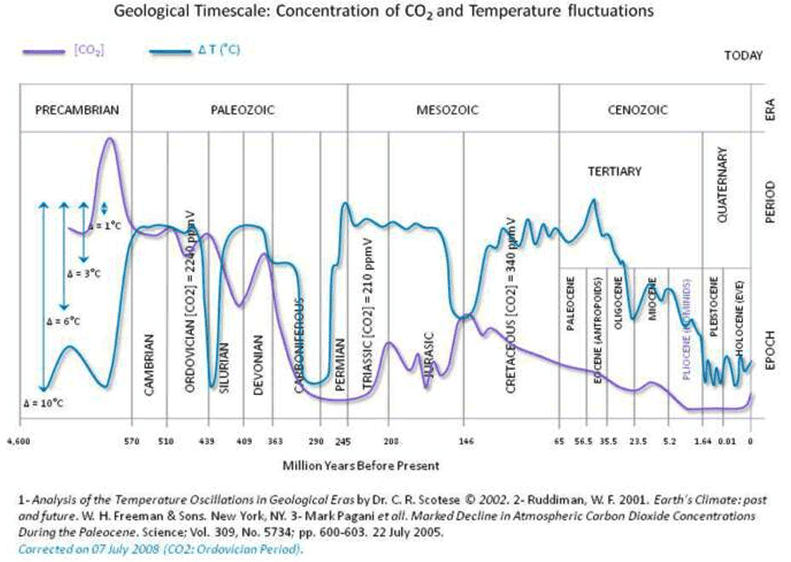- Oct 7, 2011
- 38,401
- 4,162
- 1,130
Listen, the Sun is great, without the sun most life on the Earth would not exist. Are you saying this is PROOF that the Sun doesn't cause skin cancer which can kill people?
I'm sorry, I'm not going to listen to crap arguments that claim because humans exhale CO2 that CO2 in excessive quantities isn't a bad thing for the atmosphere. This isn't grade one and I'm not an idiot.
'Global Warming/Climate Change', whatever you're pushing these days, isn't gonna cause a sudden grand Apocalypse y'all envision. It's fear mongering nonsense. It's all to frighten people into supporting a particular agenda. The climate will continue to change, and we'll survive. It is what it is.
No, you clearly ARE an idiot. If you go into a room that is 100% CO2 you will die of asphyxiation. However, we are talking about a concentration of CO2 that is so low that it takes incredibly sensitive machines to even detect its presence. What is also a certainty is the desperate attempts by the crap scientists you listen too to ascribe every single bad thing that occurs in the world to this essential gas.
There is ZERO evidence that anything they claim will occur. ZERO. There is ample evidence that supports the exact opposite of what they claim however. You need only open your eyes and read the history. But idiots don't do that. Do they...
They have absolutely no scientific evidence supporting their claim that higher CO2 levels and warmer climates will spell the end of animal and plant life. The historical climate record actually shows the exact opposite of their claims.
Animal and plant life thrive during periods of high CO2 levels and warm climates. So their whole 'Greenhouse Effect' argument crumbles under closer examination.
I for one am not suggesting it will be the end to animal and plant life at all. So..... why are you saying that we need to prove something we're not talking about?
You're pushing a 'Global Warming Apocalypse.' And i'm calling Bullshite on it. Simple as that.
You're making stuff up, claiming people are saying something they're no.
So you're calling bullshite by fighting a ghost. Well done.


